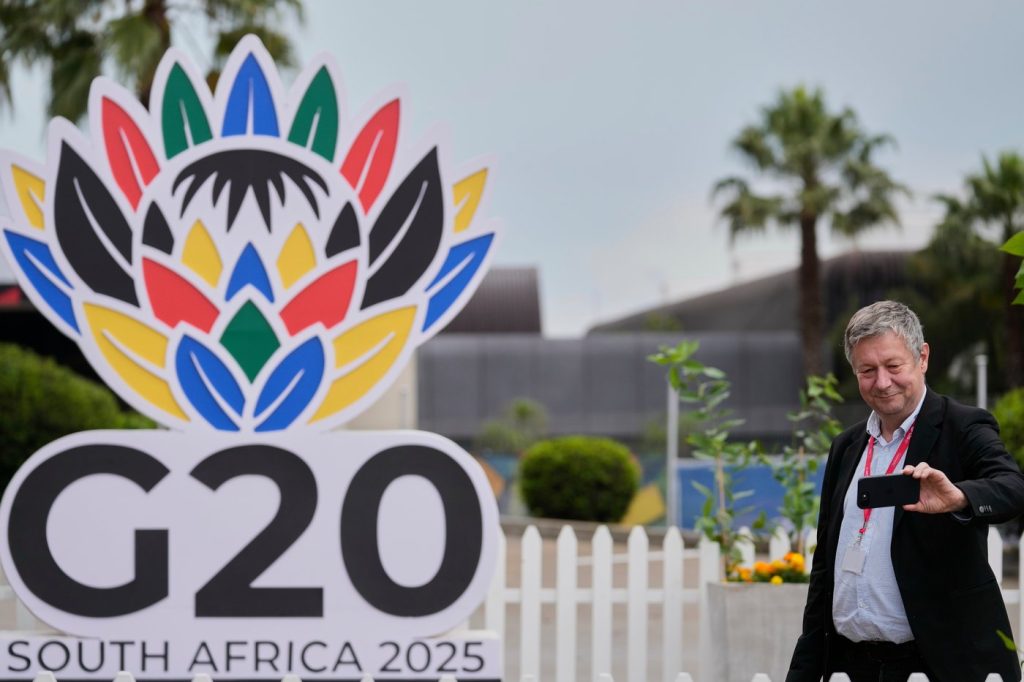The first Group of 20 summit hosted on the African continent commenced in Johannesburg, South Africa, on Saturday, amid an ambitious agenda aimed at addressing long-standing issues affecting the world's poorest nations. Leaders and high-ranking officials from the wealthiest and emerging economies gathered at an exhibition center located near Soweto, a township linked to Nelson Mandela, with hopes of reaching consensus on the priorities outlined by the host nation.
The agenda includes a focus on amplifying support for impoverished countries in their recovery from climate-related disasters, reducing their foreign debt burdens, transitioning to green energy sources, and capitalizing on their own critical mineral wealth. This agenda aims to combat the growing global inequality that has become increasingly pronounced.
UN Secretary-General António Guterres commented on the summit's potential to prioritize the needs of developing nations, recognizing the clarity with which South Africa has presented these topics. The summit spans two days and occurs without the participation of the United States, as President Donald Trump has ordered a U.S. boycott. Trump’s decision is based on accusations that South Africa is implementing racist anti-white policies against its Afrikaner white minority, which has resulted in a significant diplomatic rift between the U.S. and South Africa.
Despite the overshadowing absence of the U.S., leaders at the summit expressed their intent to move forward. French President Emmanuel Macron expressed regret over Trump’s absence but emphasized the necessity of collective action to address pressing global challenges. The G20, comprising 21 members—19 nations plus the European Union and African Union—was established in 1999 to foster cooperation between developed and developing nations in tackling global financial crises. Collectively, these nations account for about 85% of the world economy, 75% of international trade, and more than half of the global populace.
The G20's consensus-based approach often complicates the formation of binding resolutions due to contrasting interests among its members, including the U.S., Russia, China, India, Japan, and various other nations. Guterres voiced concerns that wealthier countries frequently struggle to compromise effectively, hindering agreements on climate change and global financial reforms.
Traditionally, G20 summits conclude with a leaders' declaration summarizing any broad consensus reached. However, negotiations in Johannesburg have become problematic. South Africa has indicated that the U.S. is pressuring for no leaders’ declaration, intending instead for the final document to represent a unilateral statement by the host country. In response to this pressure, South African President Cyril Ramaphosa vowed not to be "bullied," pledging a declaration from all present members by the summit’s conclusion on Sunday.
The upcoming U.S. presidency of the G20 following this summit is expected to shift the bloc's focus significantly, especially given the Trump administration's skepticism towards climate change initiatives and issues of inequality. The U.S. will have a minimal role at this summit, with only a representative from the U.S. Embassy in South Africa attending the formal ceremony to accept the G20 presidency. South Africa has publicly stated that it considers it disrespectful for Ramaphosa to transfer the presidency to what it regards as a lesser diplomatic figure.











